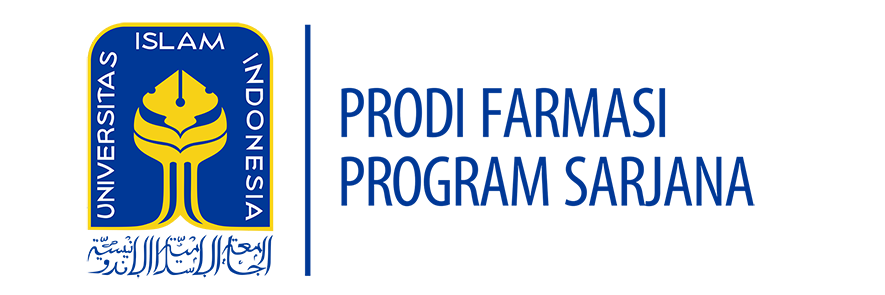| Module Name | Practical on Pharmacognosy | ||||
| Module level, if applicable | 2nd year | ||||
| Code, if applicable | SFA-331 | ||||
| Semester (s) in which the module is taught | Third semester | ||||
| Person responsible for the module | Dr. apt. Asih Triastuti, M.Pharm | ||||
| Lecturer(s) | Dr. apt. Asih Triastuti, M.Pharm.
Apt. Arde Toga Nugraha.M.Sc |
||||
| Language | English- Indonesia | ||||
| Relation to curriculum | Compulsory course | ||||
| Types of teaching and learning | Class size | Attendance time (hours per week per semester) | Forms of active participation | Workload | |
| Practical course | 30 | 3 | Collaborative discussion | Laboratory Practice 3 (hours) x 14 (meeting) | 42 |
| Collaborative Learning | Collaborative Problem Solving | ||||
| Total workload | 42 | ||||
| ECTS | 1.5 ECTS | ||||
| Credit points | 1 CU | ||||
| Requirements according to examination regulations | Minimum attendance at lectures is 75% (according to UII regulation). Final score is evaluated based on assignment and reports (40%) and exam (60%) | ||||
| Recommended prerequisites | Medicinal Plants and Simplicia | ||||
| Related course | – | ||||
| Module objectives/intended learning | By the end of this course students should be able to:
|
||||
| Content | The course will cover:
This course aims to support graduate learning in the form of skills in the manufacture of pharmaceutical preparations and analysis of quality assurance and halal pharmaceutical preparations. The main objective of this course is that students are able to manufacture traditional medicinal raw materials in the form of thick extracts from medicinal plants, and are able to perform qualitative and quantitative quality assurance analysis. |
||||
| Study and examination requirements and forms of examination | Mid-term, Final term, presentation, quiz, assignment, and collaborative discussion | ||||
| Media employed | Text books, slides (power points), and video | ||||
| Reading lists |
|
||||
